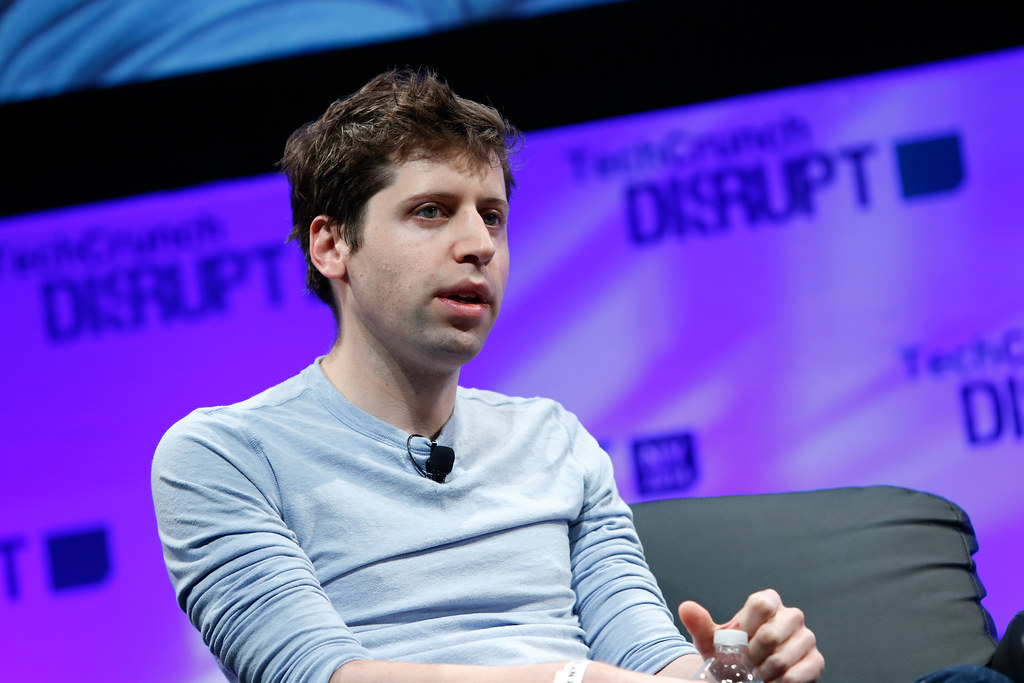
OpenAI’s CEO Sam Altman spoke to the US Senate Judiciary Subcommittee on Privacy, Technology and Law about AI regulation, stressing that AI tech “can go quite wrong.”
Altman was sure to remind the subcommittee of the benefits of AI but stressed that “we think that regulatory intervention by governments will be critical to mitigate the risks of increasingly powerful models.”
The CEO also mentioned that OpenAI is especially concerned about election integrity in the face of improving AI models. He thinks that “some regulation would be quite wise on this topic.”
Altman’s concerns likely stem from the potential for bad actors and foreign governments to meddle in US elections by mass-producing propaganda and disseminating it across social media and the internet at large.
Christina Montgomery, IBM’s Chief Privacy and Trust Officer, who joined Altman at the hearing, expressed her company’s hope for Congress to adopt a “precision regulation approach to AI.”
She clarified that IBM thinks the government should regulate AI in certain use cases but not the tech itself directly. She asked Congress to impose “different rules for different risks” so that each risk can be regulated in a way that makes sense.
Many onlookers were puzzled by OpenAI and IBM’s eagerness to advocate for regulation in a sector they are heavily involved in. Even some Congressmen were surprised. Senator Dick Durbin of Illinois noted how remarkable it was that they “plead with us to regulate them.”
Some analysts think that this wasn’t as noble of an effort as it may seem. Over the past few years, tech companies have spoken to Congress, asking for regulation in their industry. There are a variety of proposed motives for this kind of move.
One theory suggests these companies may be attempting to appear proactive in safeguarding the public, while knowing that their actions are unlikely to lead to significant changes.
Despite numerous attempts to pass all kinds of tech regulation, only a few of the most basic bills reining in the tech industry have been signed into law in recent years.
Other analysts posit that OpenAI and IBM are advocating for regulations designed to stifle potential competitors, thereby cementing their positions as AI tech monoliths.
When an industry is covered with red tape, often only the companies with the most resources, like Microsoft-backed OpenAI, Google and IBM, can survive and thrive.
Related Articles:
Best Crypto Wallet 2023 – Top Bitcoin Accounts Compared
Amazon Says Sales of Alexa-Enabled Devices Have Surpassed Half a Billion
What's the Best Crypto to Buy Now?
- B2C Listed the Top Rated Cryptocurrencies for 2023
- Get Early Access to Presales & Private Sales
- KYC Verified & Audited, Public Teams
- Most Voted for Tokens on CoinSniper
- Upcoming Listings on Exchanges, NFT Drops